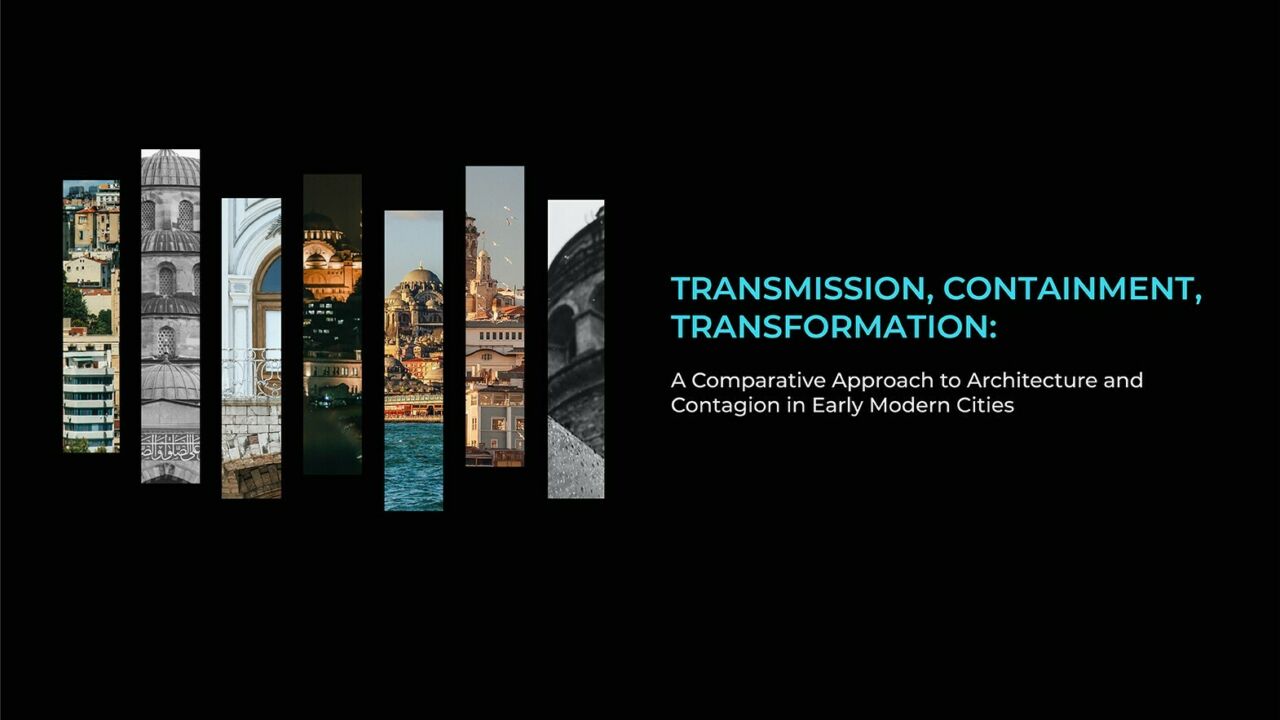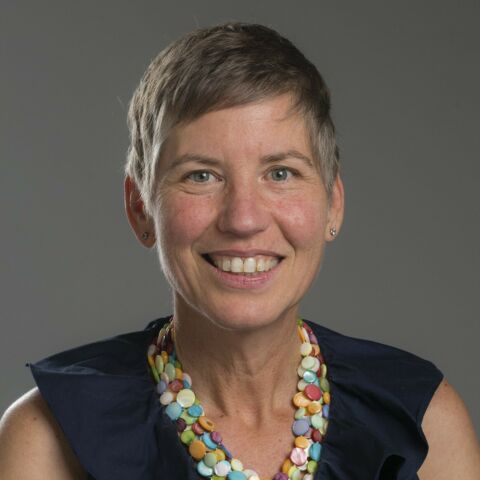
The College of Arts and Architecture’s Department of Art History in collaboration with the College of Liberal Arts has been awarded $225,000 by The Andrew W. Mellon Foundation to support a Sawyer Seminar during Fall 2021–Spring 2022.
Global in scope and comparative in methodology, the Sawyer Seminar will feature lectures, colloquia, workshops, exhibitions and performances all designed to examine the means by which cities responded architecturally to real and perceived physical, social and cultural threats.
The timely project will prioritize historical examples while also seeking to understand better how today’s built environment is responding to the COVID-19 pandemic and to the popular resurgence of metaphors of social and cultural contagion.
The Sawyer Seminar will be structured in relation to two main themes: Transmission (Encounter) and Containment (Quarantine). Chosen for descriptive clarity as well as conceptual richness, the themes resonate with specific examples of early modern architecture as well as with distinctive modes of humanistic analysis. In this way, the themes allow for a form of inquiry that accommodates a synthesis of empirical and interpretive research into the history of architecture and urbanism. The role of the built environment during moments of apparent biological, political, or spiritual contamination is as relevant today as it was in the early modern period. Cities – and the buildings, monuments, thoroughfares, and commons that constitute them – are key sites of Transmission and Containment.
Through a carefully structured program of lectures, colloquia, workshops, exhibitions, and performances, the Sawyer Seminar will initiate a timely comparative research program on early modern architecture and urbanism as they were inflected by concerns about contagion.
By focusing on cities of the early modern period, the seminar highlights the consequences of global exchange and growing interconnectedness for the built environment. Until recently, study of the history of architecture and urbanism tended toward geographic specificity. This is understandable to some extent. The particular political, cultural, commercial, and topographical character of a city demands specialist understanding of distinct materials and construction techniques along with specific languages and historical knowledge. Yet, geographically circumscribed study of cities and their architecture risks imposing an ahistorical hermeticism to scholarship—especially when applied to the early modern period. Early modern cities were connected through trade, migration, conquest, evangelism, curiosity, and colonization. These points of contact suggest many paths of entry to comparative study related to early modern cities and architectures of transmission, contagion, and containment.
And, as COVID-19 has illustrated all too clearly, the history of modern pandemics is a history of urbanism. As densely populated centers of trade, cities are inevitably implicated in the spread and containment of infectious diseases. Interactions among people, animals, and goods in cities are frequently the nexus from which infectious disease histories emerge. Crucial for these histories is the built environment itself. Town squares, hospitals, jails, schools, bridges and sewers, palaces, cemeteries, mosques, temples, and churches: sites like these shape epidemics as they record (and disguise) the social and cultural consequences of contagion.
The Mellon Foundation’s Sawyer Seminars were established in 1994 to provide support for comparative research on the historical and cultural sources of contemporary developments. The seminars, named in honor of the Foundation’s long-serving third president, John E. Sawyer, have brought together faculty, foreign visitors, postdoctoral fellows, and graduate students from a variety of fields mainly, but not exclusively, in the arts, humanities, and interpretive social sciences, for intensive study of subjects chosen by the participants. Foundation support aims to engage productive scholars in comparative inquiry that would (in ordinary university circumstances) be difficult to pursue, while at the same time avoiding the institutionalization of such work in new centers, departments, or programs. Sawyer Seminars are, in effect, temporary research centers.
View a complete list of funded seminars, including “Racial Disposability and Cultures of Resistance” a project of Penn State’s Department of African American Studies, and the College of the Liberal Arts.
